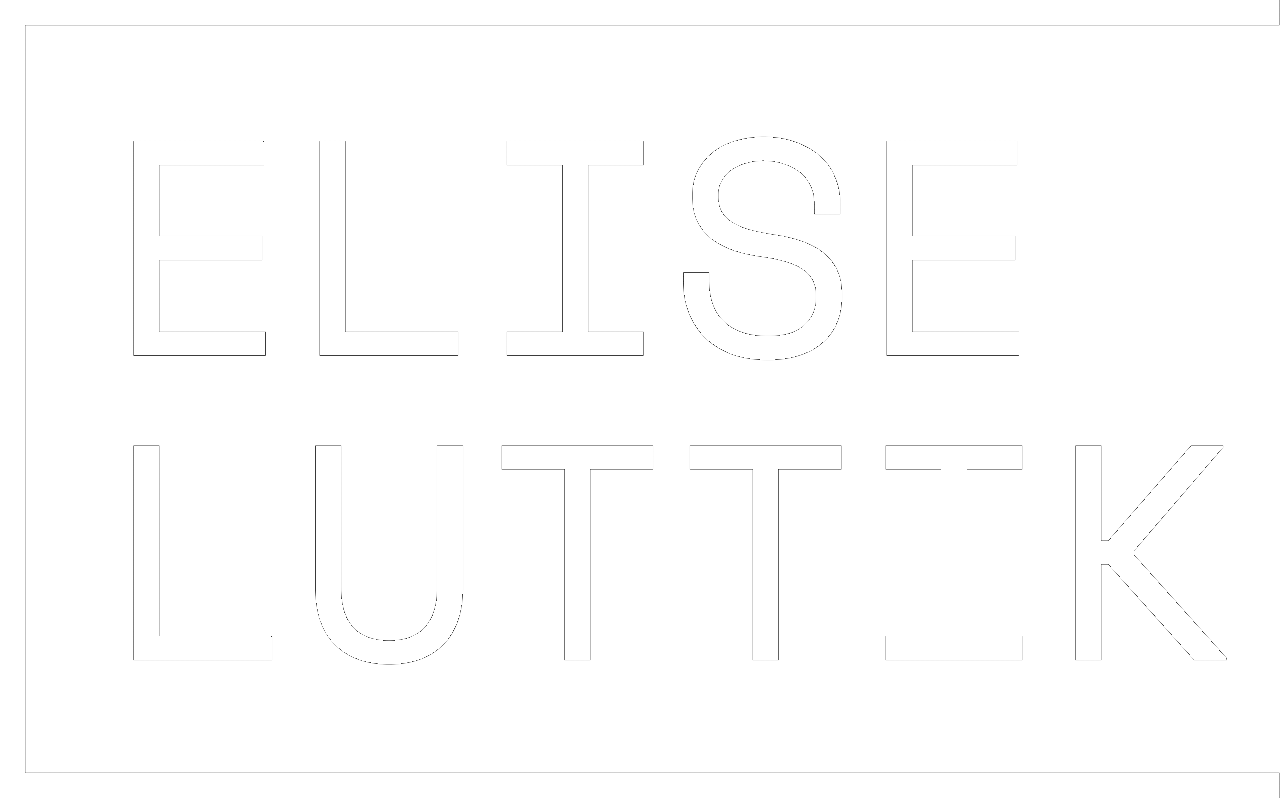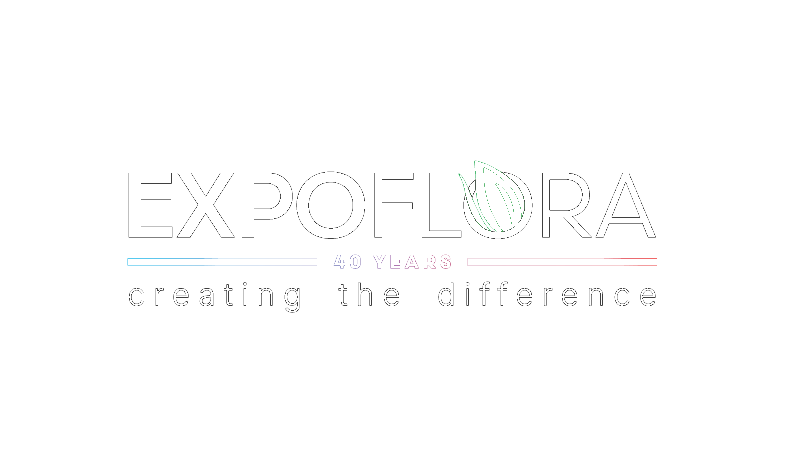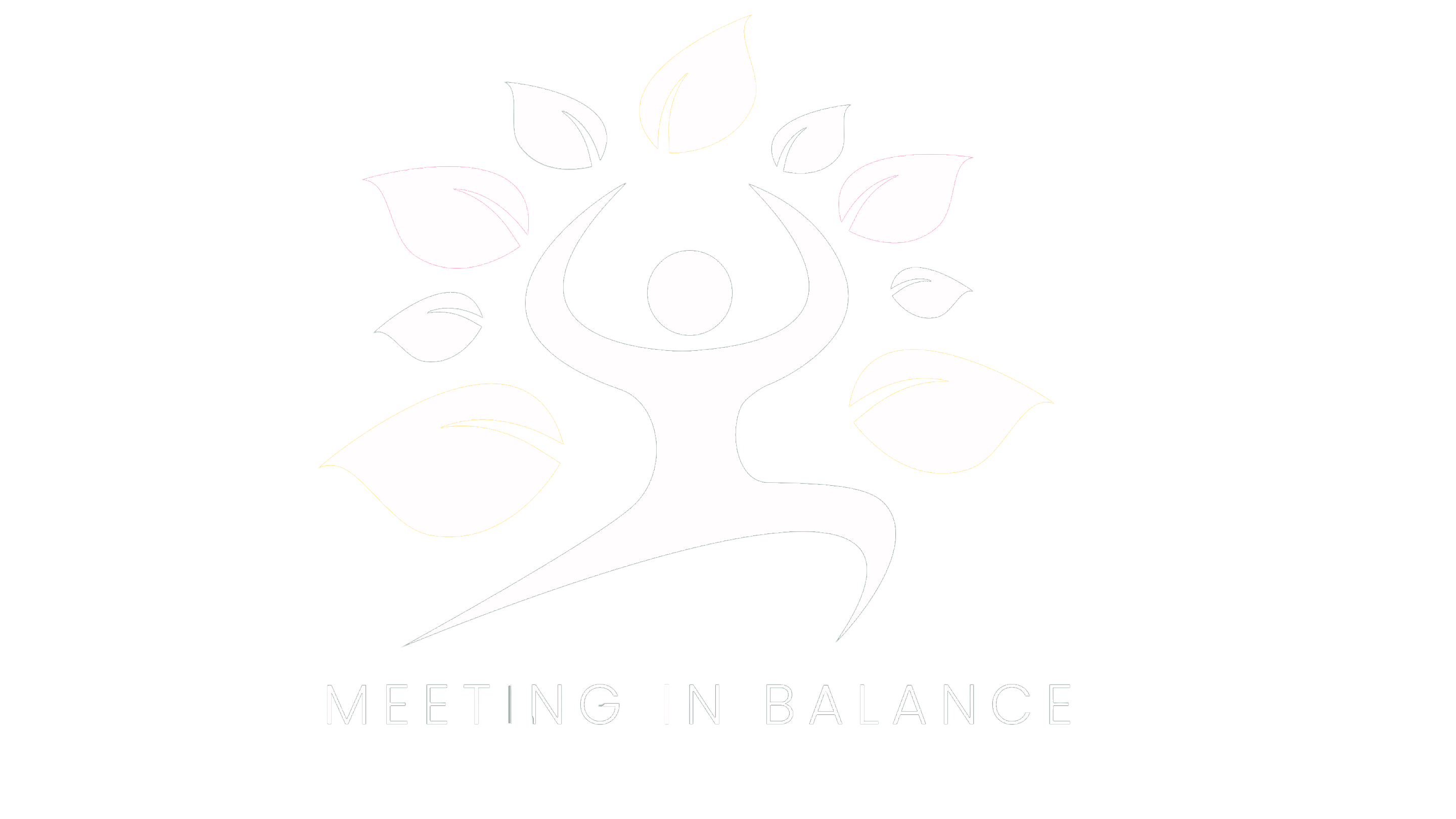The Speaker Edit: Dr. Julia Riedmeier, Founder & CEO, CODE\LUXE
)
We caught up with Dr. Julia Riedmeier, Founder & CEO, CODE\LUXE, who will be speaking at the Independent Hotel Show Amsterdam on Tuesday 12 March, in the panel session 'Luxury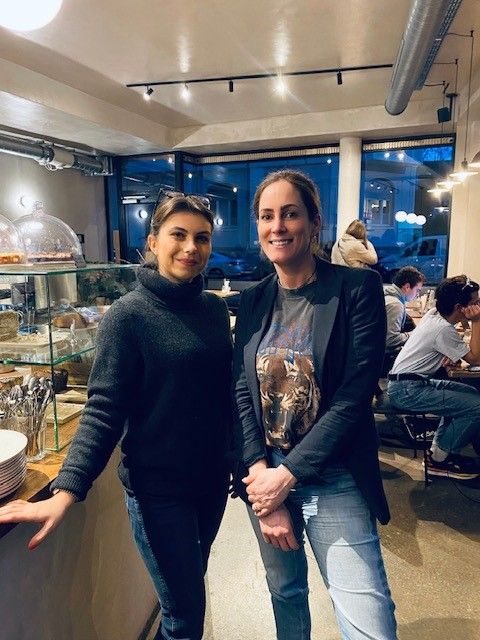 and The Importance of Personalisation'.
and The Importance of Personalisation'.
Can you share your perspective on the parallels between the luxury brand industry and the hospitality sector? How can hoteliers draw inspiration from luxury brand strategies to enhance their own offerings and services?
Hospitality is an integral and important sector of the luxury industry. What both have in common is their strong experience-driven approach, and their offerings cater to a distinct lifestyle world (who am I, where do I feel to belong, what fits my personality or vision of it). And generally, luxury brands look to the hospitality sector for best-practices due to the strong client-focus and often excellent personalized customer service (like the concierge service).
Vice versa, there some inspirations that hoteliers can learn from the luxury industry. One would be to think about a holistic customer journey that spans before, during, and after the stay. Why does the hotel experience and personalization stop with the invoice? Most of the best hotels are exploiting the opportunities before arrival (such as using preference sheets). During the stay, the service offerings need to match the current developments, such as wellbeing, beauty, food trends, which can be a point of differentiation and determinator of choice. However, the after phase, once the guest is back home, is such an important step that is most of the times completely overlooked. And I’m not talking about sending standardized emails from the CRM system.
The suggestion is to stay in contact with the guest even after their stay, by sending for example a personalized postal mail (often underestimated) or providing a small home fragrance during the stay that guests can take home to bring back memories (as done in a boutique hotel in Palma).
What emerging trends in luxury do you foresee that could significantly impact the hospitality industry, and how can hotel owners prepare for these changes?
There are trends in luxury that can serve as guiding principles for the hospitality sector and hoteliers. At the top of the list for luxury clients and guests are developments such as (1) personalization, (2) sustainability, (3) digitalization (to the extent desired by the guest), (4) experiences and transformation, and (5) health and wellbeing. These trends and developments are shaping brands and industries.
Therefore, hotel owners should prepare not only their offerings (from wellbeing to food choices), but also refine their in-room amenities (via niche beauty brands, latest accessories or gadgets), interior design (considering directions towards biophilic design or local elements), art within the hotel, and communication activities, while also double-checking their positioning.
To best prepare for what is ahead, it’s advisable to adopt a two-folded approach: externally directed towards trend scouting activities or exchanges with experts at a strategic level, and internally focused on enabling employees with direct guest contact to share observations and requests to better tailor the service offering. Keeping an eye on the competition and other industries can also be quite beneficial.
Given your background working with Hermès in communication and retail, how can effective communication and branding strategies contribute to the success of a hotel in a competitive market? Are there specific elements that hoteliers often overlook when it comes to building a distinctive brand identity?
Effective communication and branding strategies contribute to shaping a particular positioning in the market, thus creating consumer preferences. A strong and unique brand fundament, with clearly defined codes such as colors, symbols, and wordings, consistently communicated across touchpoints, forms the basis for everything. Ideally, the customer journey is elevated with wow moments, which can sometimes be small details that make a significant impact (and don’t even cost a lot). Furthermore, defining personas is crucial as they bring a brand to life and showcase the lifestyle someone wishes to envision and buy into. Selecting the right people for communication becomes a decisive factor in whether a hotel is considered in the relevant set or also not.
Another observation is that social media is often delegated to a temporary position in the company or without any connection to other departments such as sales. Additionally, integrating User-Generated Content (UGC) is often overlooked. Many guests share their experiences online, and many prospects search for authentic experiences online via the tagged section, hashtags, or geotags. At the very least, re-sharing the stories is essential, but why not create a specific day each month to share the best guest experiences? Guests could share their experiences using a specific hashtag and/or tag, and the hotel could collect the best ones. This not only shows appreciation for the most aesthetically pleasing posts but also encourages guests to share their experiences. After all, it's a people's business, right? This way, distinctive brand elements can be integrated while still maintaining a human touch.
You've had a diverse international education with a focus on Luxury Management. How can a hotel's international perspective enhance its appeal to a global clientele? Are there cultural considerations that hoteliers should keep in mind when catering to an international audience?
Generally, it depends on the location, type of hotel, clientele, etc. Above all, luxury clients are international clients, therefore a hotel's international perspective is a prerequisite to appeal to a global clientele – and literally speaking the guest’s language becomes paramount. English is key, in addition to the local language. You can also set up the menu in two languages – thus maintaining the local spirit while also appealing to an international audience.
When interacting with different international clienteles, team members who are in direct client contact need to have a certain cultural sensitivity. Just think about handing over a business card or hotel key to an Asian guest.
A must is to integrate the local identity into the hotel concept, which can be done through culinary experiences, materials, design, and collaborations with local architects. This generates a unique vibe that is different from the calculated, standardized hotels that could be found anywhere. A best practice example is the beauty brand Aesop – each of their 300+ stores is unique (despite the duty-free shops) as they adapt to the building, history, and local parameters, thereby creating an element of surprise and reason to visit their stores across the globe. This also serves as a great communication tool and basis for storytelling both offline and online.
In the context of luxury, sustainability is becoming increasingly important. How can hoteliers integrate sustainability practices without compromising on the luxury aspect of their offerings? Are there examples or best practices you've encountered in your work?
I love to travel, and I’m fortunate to combine it with my profession. I really enjoy searching for hotels that are doing something different. And often, I discover sustainable practices that do not compromise on luxury (which can be defined by e.g., aesthetics, quality, convenience), but focus on reducing, reusing, and recycling.
However, I prefer to use the word 'responsibility' instead of 'sustainability,' as each one of us, whether a company or an individual, has a responsibility to behave in a conscientious way for the environment and society. You can have the best credos in place, but if they are not lived, they are useless. It is definitely not a big statement on the wall saying, 'we are sustainable' (which I encountered in a 5-star hotel), but about the actions you take and how naturally, aesthetically, and seamlessly you integrate them – which hopefully will and should benefit the guest. Thus, it comes down to a joint effort of guests, staff, and management.
Such practices should be effortless for the guest and go beyond changing bedding less often, adjusting the air conditioning for lower energy consumption, and eliminating plastic and smaller toiletries – but this is an important starting point.
One extraordinary example dates back more than 5 years: When I was traveling to Cambodia, I discovered a stunning boutique hotel that is still my best practice example. The hotel was completely plastic-free; you received a refillable water bottle (which I still have) at the airport pick-up, which you could fill up at the hotel and at various water fountains in the city that the hotel also created for the community. The rooms had refillable beauty dispensers with locally sourced and produced products (which were available for purchase). The food was seasonal and local, and various initiatives contributed to the local community – such as river cleanup actions and planting trees along the river, in which you could contribute as a guest. This is an excellent example of how guests and locals can benefit simultaneously. Guests thus leave a positive impact instead of a negative footprint.
As a final piece of advice for hoteliers looking to improve their performance, what would be your top three recommendations based on your extensive experience in luxury brand management and consulting?
My top three recommendations for hoteliers to improve their performance are: focus on your people, people, and people! No, this is not a typo. What do I mean by that? First, focus on your employees, who bring the brand to life and create the customer journey for your guests. Second, focus on your clients, who are already staying with you and make them repeat clients. And third, focus on your future clients, those whom you want to attract and should stay at your hotel in the future. Why?
You can have the best brand fundament, the best interior design, the best multisensory experience, the best strategies, but if the brand spirit is not authentically lived internally, it won’t have an impact externally. Sometimes, it comes down to basic things. Happy guests usually come from happy employees, and new guests also come from happy (repeat) guests – next to a well-orchestrated, contemporary branding and communication strategy.
Once you focus on your employees, like providing education and decision-making freedom, empowering them with tools that make their lives easier (like a robust CRM system with a multi- or even better, an omnichannel strategy), your guests will automatically benefit. Just think about the following: How often have you found yourself at check-in situations, where you have been treated as total stranger. Even though you stayed at the hotel several times over many years. Yes, the little black book could lose some pages, but that shouldn’t be the case, especially not in our digital age, where “Know you client” (KYC) could be so easy.
You will be able to meet Julia and hear from her in the 'Luxury and The Importance of Personalisation' panel session on Tuesday 12 March at IHA24. Register for your ticket here, hoteliers go free, if you haven't received your code please get in touch today at independenthotelshow@montgomerygroup.com.

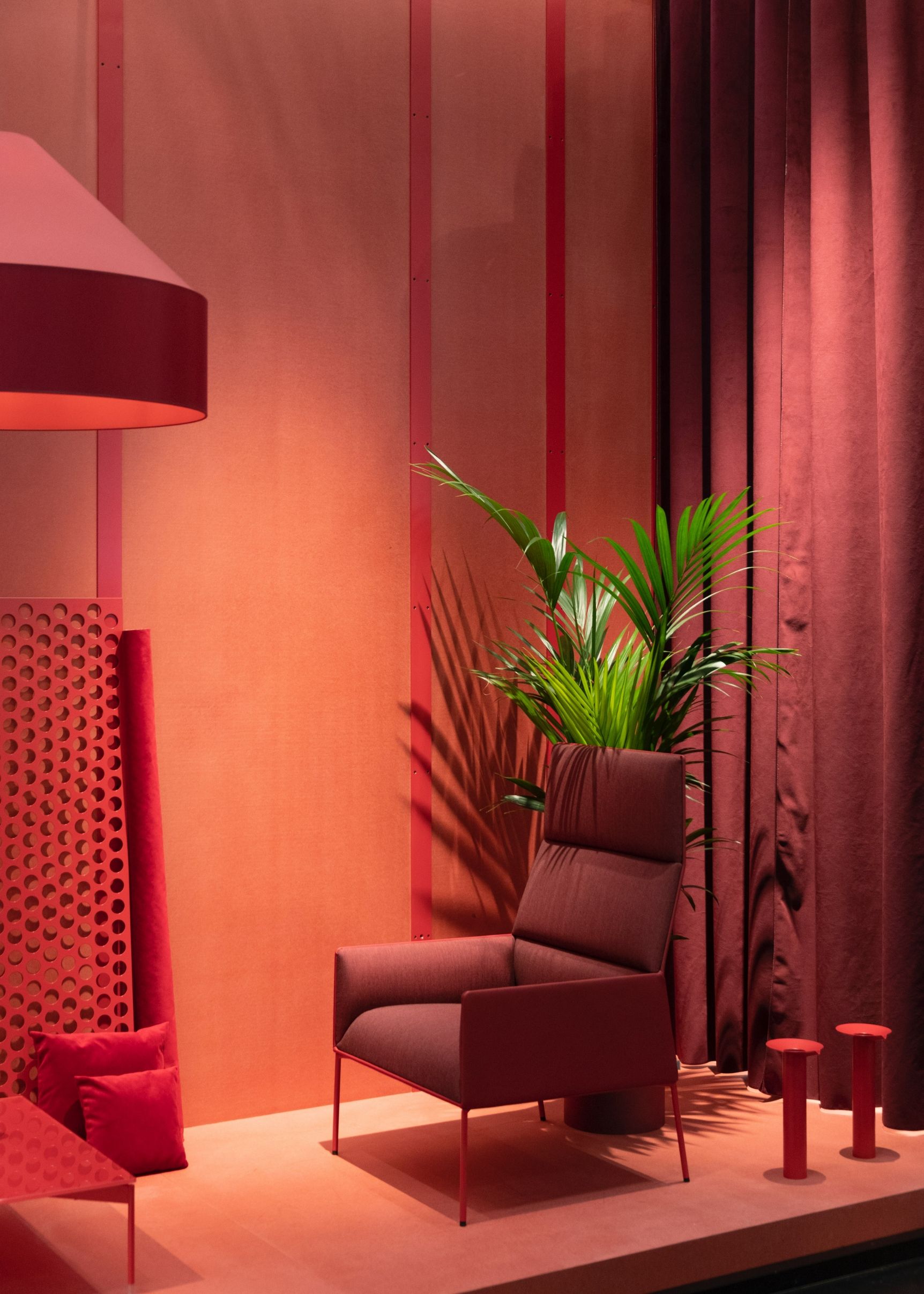


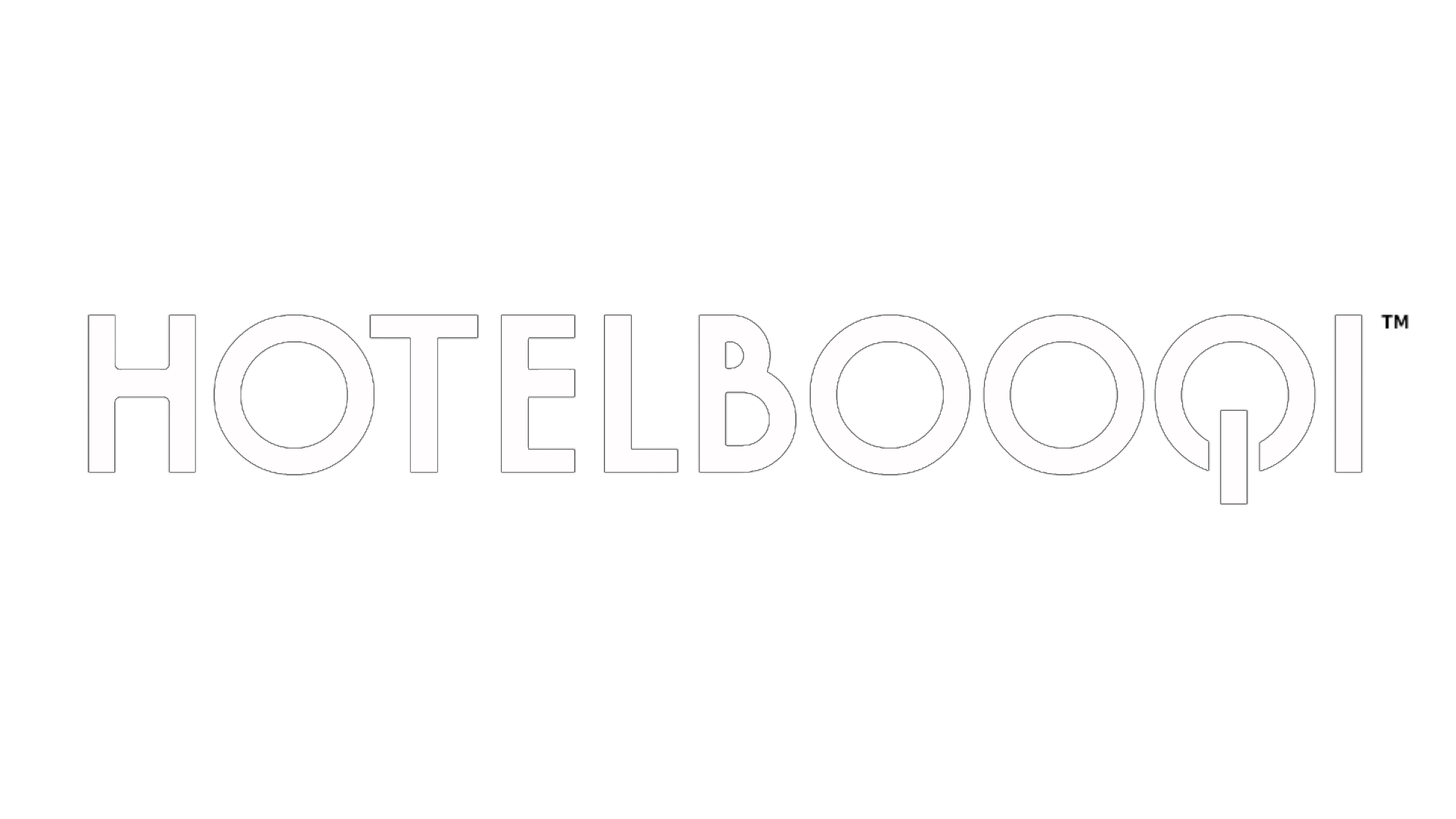







.png)

